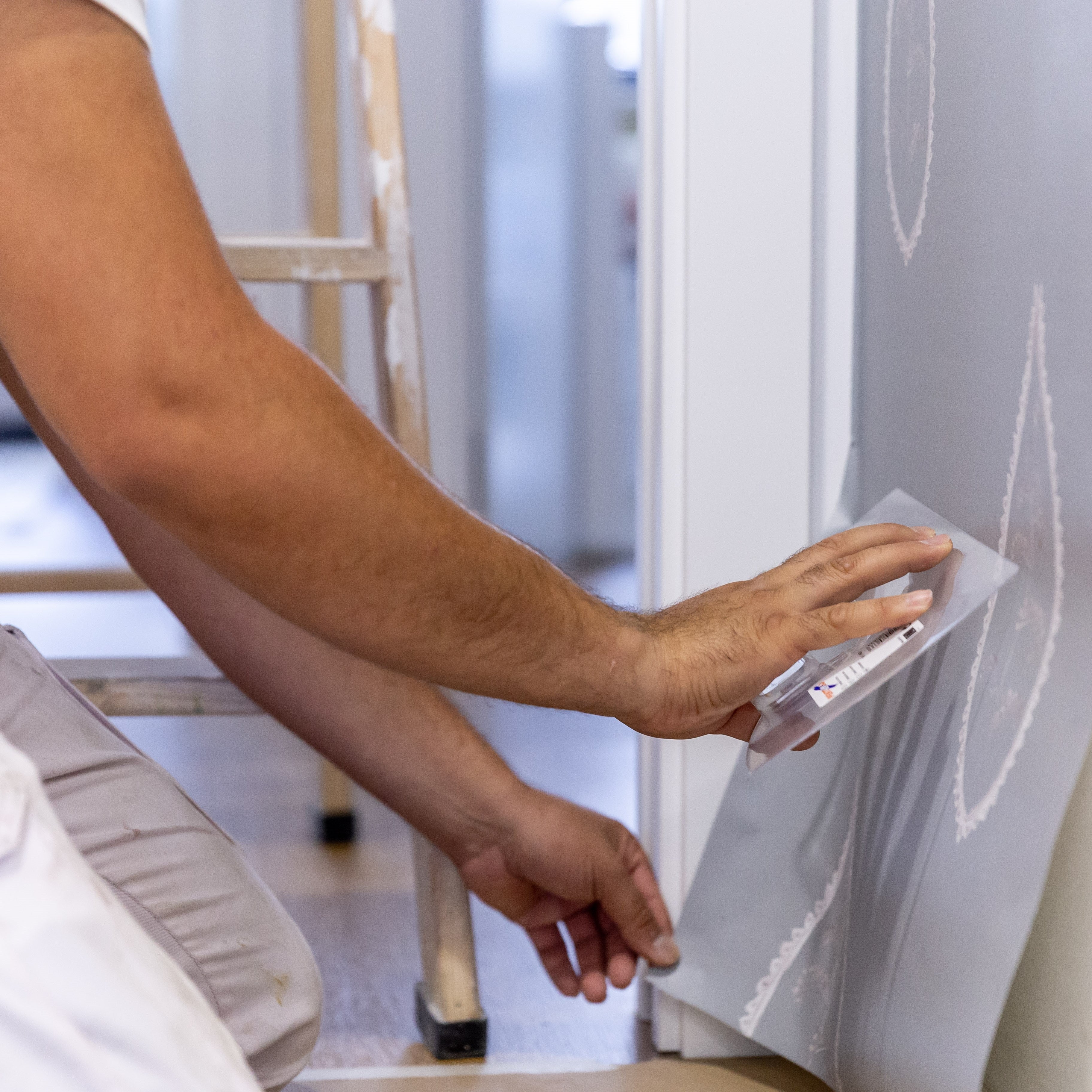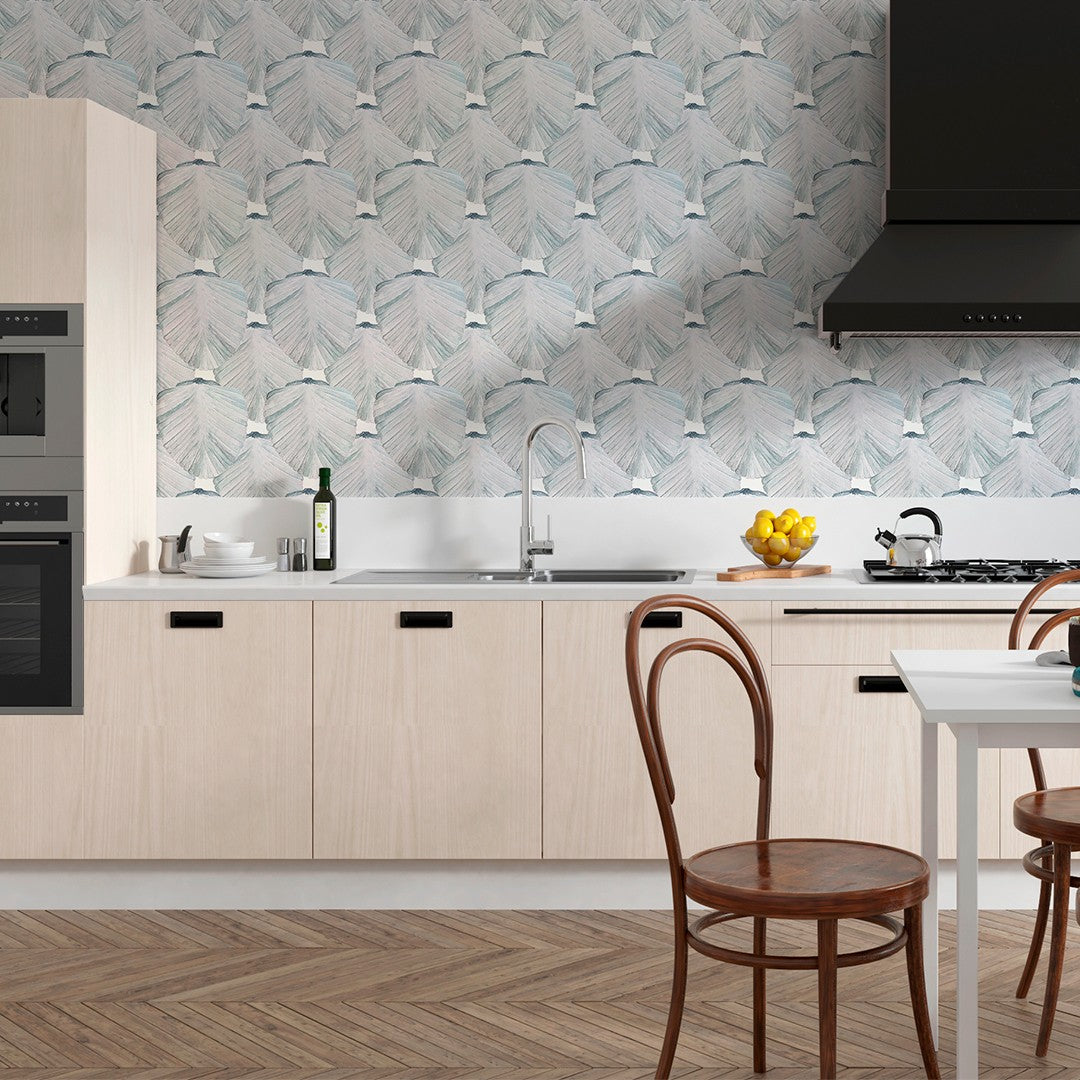
How to avoid bubbles and air pockets when wallpapering the wall
"Wallpapering a wall can completely transform the look of a room, but if not done correctly, it can result in the dreaded appearance of bubbles and air pockets, ruining the final result. To avoid this inconvenience and achieve a flawless finish, it is crucial to follow some key steps during the application process of the wallpaper. Here are some practical tips to avoid bubbles and air pockets when wallpapering the wall:"
1. Application of glue:
The key to preventing bubble formation starts with the application of the glue. It is essential to apply the glue evenly on the wallpaper. Avoid applying an excessive amount of glue, as this can create air pockets by trapping air between the paper and the wall.
2. Wallpaper placement:
When you place the wallpaper on the wall, make sure to start from the top and smooth it down and to the sides. This process helps to expel any trapped air beneath the paper, thus reducing the likelihood of bubbles forming.

3. Using a spatula or roller:
After placing the wallpaper on the wall, use a spatula or roller to smooth it out and eliminate any air bubbles. Start from the center of the wallpaper and work towards the edges, making sure to apply even pressure for a smooth and flawless finish.
4. Drilling the bubbles:
If despite your efforts you find any bubble that you cannot eliminate, do not panic. You can gently pierce the bubble with a fine needle and then smooth the area with the spatula or roller. This will help release the trapped air and flatten the wallpaper.
5. Drying time:
Once you have finished wallpapering the wall, allow the wallpaper to dry completely before making any further adjustments. Trying to adjust the wallpaper while it is still damp can increase the risk of new bubbles forming, ruining all your hard work.
In summary, the key to avoiding bubbles and air pockets when wallpapering the wall lies in the careful application of the glue, the proper placement of the wallpaper, the use of appropriate tools to smooth the paper, and the patience to allow the paper to dry completely. With these practical tips and a little patience, you can achieve a professional and flawless finish on your next wallpapering task.



